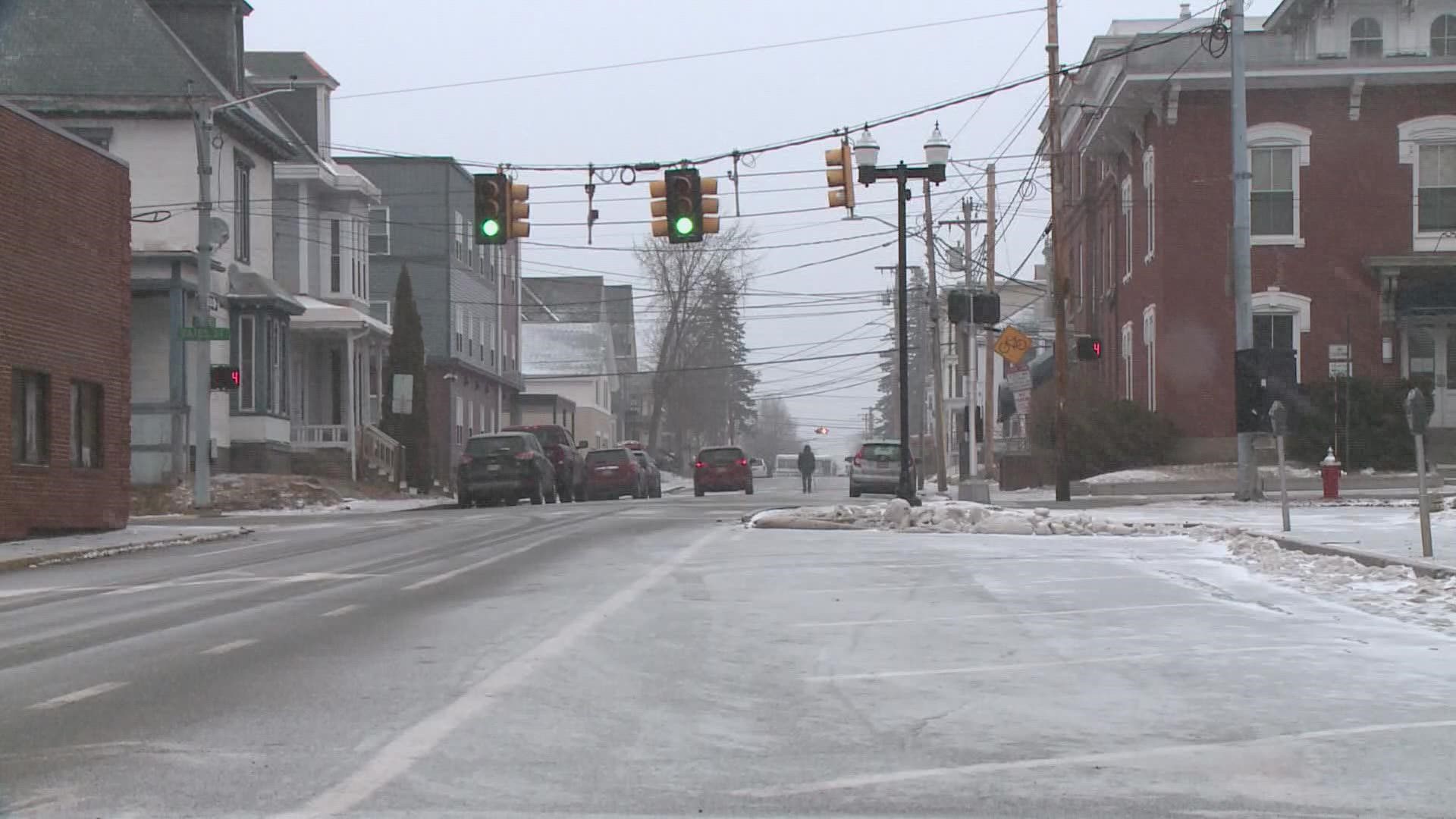PORTLAND, Maine — Finding a home in the current rental market in southern Maine is hard enough but imagine trying to navigate the process in a language you don't know.
That's the reality for many new Mainers who are often unaware of their rights as tenants and what hazardous conditions landlords have a legal duty to fix. Equipping immigrants with resources and information to keep their families safe is the goal of Healthy Housing with the Rwandan Community in Maine, an initiative set to get underway this spring.
Apollinaire Munyaneza said he remembers being relieved to find a rental home after his family first settled in Portland from Botswana five years ago. They later discovered that the 19th-century home was in bad shape.
"Maintenance was not that great, and ventilation was not that great, so it was not a pretty good house," Munyaneza explained.
Munyaneza, who is originally from Rwanda, said he and his family were eventually able to find a new home. But he said not knowing English or what health hazards landlords are required by law to address creates a barrier for many new Mainers.
"Knowing their rights, what the landlord should do, what should I do, need to know that's a big, big challenge," Munyaneza said.
Muyaneza teaches chemistry at Portland High School and is the president of the Rwandese Community Association in Maine.
The Rwandan community in Maine numbers around 8,000 people who largely live in Greater Portland and Lewiston.
Muyaneza has teamed up with Defend Our Health, an environmental advocacy organization to better educate immigrants on how to advocate for safe housing.
"Talking to their landlord about the issues they may face in their house, sometimes they have to access government programs to remediate lead paint, for example," Sergio Cahueque, an organizer with Defend Our Health, said.
The nonprofit is utilizing a grant from the U.S. Environmental Protection Agency and the Maine Health Access Foundation. They hope to hire staff to educate tenants in the Rwandan community and eventually expand to different immigrant groups.
Under Maine law, landlords must ensure a residence is safe and healthy to live in. If a tenant is exposed to crumbling paint chips and gets sick, the landlord could be ordered to remove or safely cover the lead.
"We are talking about lead poisoning," Cahueque explained. "We know that impacts children, and that can lead to low IQ scores."
The program will inform new Mainers that landlords are also required to provide and fix smoke and carbon monoxide alarms, and address undrinkable water, unsafe heating systems to broken windows, or exterior doors that cannot be locked, as outlined by the Pine Tree Legal Assistance.
Muyaneza said education and advocacy are key as more immigrants arrive in Maine. And because housing is so limited, he added, a number don't speak up because they fear possible eviction.
"They are not courageous to say, 'Landlord, this is the problem can you fix it?' Maybe they don't know or they don't want to risk losing the house," Munyaneza said.
The healthy housing project is still in the initial stages. Material is being developed and translated, the hope is to give immigrants tools and resources to help keep their families safe, within the next several months. For more information, contact Sergio Cahueque, Organizer Defend Our Health.

